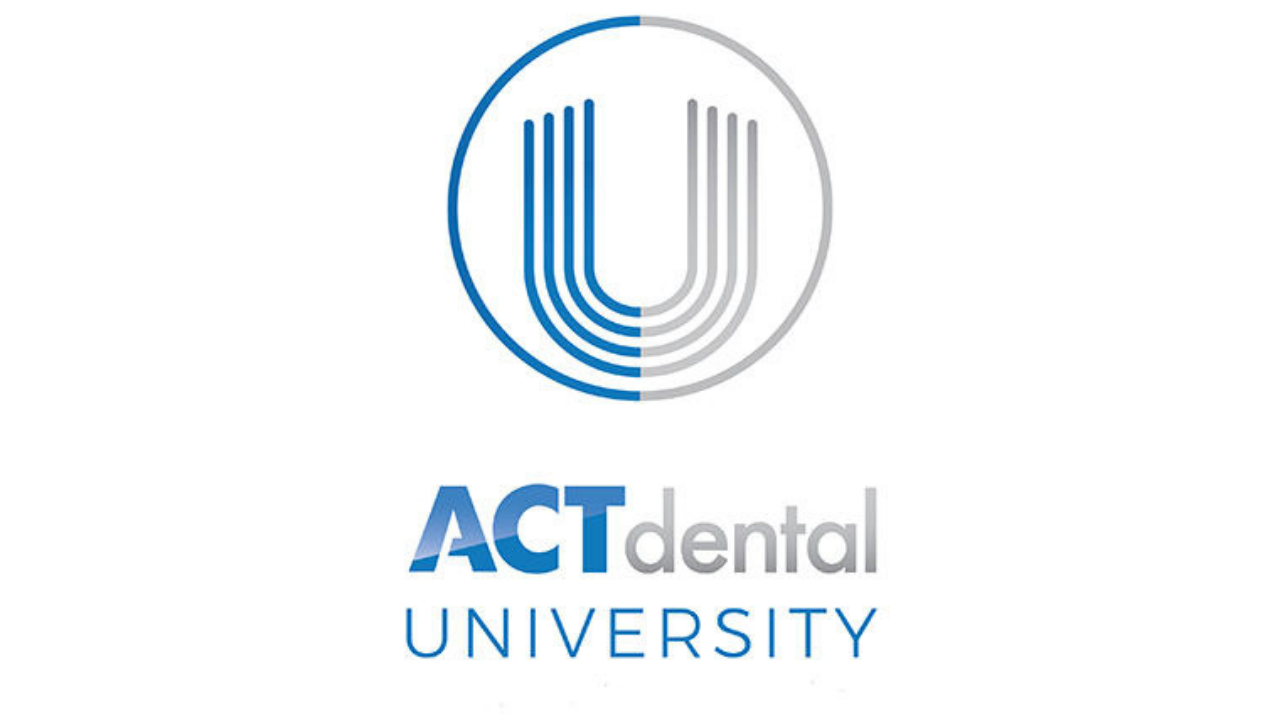When you build a successful dental practice, you must have healthy arrangements around cash and the expectations around it. It’s not all about the money—it’s about the predictability that the money provides, and that is what you need more than the money.
Maintaining a healthy relationship with your patients requires you and your team to train them how to behave at your practice. We coach dentists and team members one very important principle,
“WE TEACH PEOPLE HOW TO TREAT US.”
And this means that you have to train patients how to behave in your practice. As dental teams, we train patients how to pay, how to behave, how to show up for appointments, etc. If patients don’t pay for dentistry, it is not their fault. It is yours. Failure to train patients to pay their full balance—and to pay it on time—is bound to cause long-term problems at your office, and these problems are bigger than money problems.
Cash is to your business what oxygen is to your life. Providing great patient care is important, but if you don’t have sufficient cash flow, you will not be able to consistently provide patients with the care they need and expect from your practice and your business will suffocate only putting more stress on you as the owner.
Collecting payments is an important component of the doctor-patient relationship. Below are a few actions you and your team should avoid when collecting fees from patients:
1. Don’t Give Patients Too Many Payment Options
It’s no secret that dental care can be a major investment for your patients. In an effort to make payment seem less intimidating, some team members apologetically offer WAY TOO MANY payment options, including financing, paying in stages, pay over appointments, separate them so that it is easier for the patients to pay….and so on. While these are certainly well-intentioned ideas, they often lead to disaster.
In over 25 years of coaching great dental teams, we have found that fewer options is always better. Giving patients too many options can confuse them and make them hesitant to make decisions.
2. Never Talk First
Let the patient talk first. Dentists and team members are famous for presenting fees and then talking without breathing after it. Again, almost as if it is a rational apology for the fee they are going to have to pay for optimal dentistry. The key is to first clearly establish a WHY (and it is always their WHY and not yours), then go to the WHAT (the dentistry itself) and then the HOW (the fee). Once you get to the HOW, stop. Let the patient talk first. Honor your patients by giving them the space to process on what they just learned and trust yourself if that space to know whatever they say, we are going to be OK.
WARNING: Dentists and team members hate spaces. They hate spaces in teeth. They hate spaces is schedules. They hate spaces when presenting fees. Learn to love spaces. They present a whole new world of opportunity.
3. Don’t Perform Wallet Biopsies
We have all had those instances where patients come in and you take one look and your first thought is “No way is this person ever going to say YES to optimal care, and even if they do, there is no way they can afford it here.” By doing this we violate the first principle of honoring a patient. While you are the expert on the dental care, you are never the expert on the patient themselves. Prejudging a patient’s perceived ability to pay is an all-around bad practice. It kills wonderful opportunities to help patients and compromises every relationship if done up front.
Your only commitment is to tell people the truth and then de-tatch yourself from what you think they are going to say. Don’t worry about how a patient will react when you present the fee. If you spend too much time wondering how they’re going to react, it can keep you from giving them the optimal care they deserve.
4. Never Mix Good Friends and Good Business Practices
I know, this is a tough one, but commingling your personal and professional lives is a recipe for disaster in almost everything, regardless of how well-intentioned you may be. And if you have done it, you already know how true this is. Chances are you have patients that used to be good friends before they were patients and now no longer are they patients, but they are also not your friends anymore. With things like free dentistry, for instance, you have to have certain guidelines in place to protect the patient and your business. It’s wonderful to give back and perform service-based dentistry, but it should never be mixed within the framework of your natural flowing work week.
We have many dental practices that give back free dental services to people who need it, but it is done outside the framework of their normal productive work weeks. A good rule of thumb is to keep friends outside of your practice, and if you decide to have them come into your practice, honor them by having them play by the same rules everyone else does.
5. Avoid Scheduling Patients With a Balance
“People who owe you money don’t like you.” I don’t know who said that, but it’s one of my favorite things to remember about financial arrangements in a dental office.
Scheduling patients who have an outstanding balance at your practice encourages them to continue their behavior, which will result in further problems. Two things always happen in these predicaments: First, the patients’ balances will continue to grow or second, and they cancel their future appointments. When patients have a balance, one of the best things you can say to them is, “Let’s get you caught up.”
6. Don’t Have Someone With Low Self-Esteem Discuss Money
This is a killer for every practice. And please hear me, this is not a judgement. It is a truth. Confidence is non-negotiable when it comes to having someone discuss money in any dental practice. Whether the confidence is pre-existing or acquired through coaching and courses, it has to be there. Patients can look in somebody’s eyes and see if that person has low self-esteem around money. It’s critical to have someone who has been well-trained handling the details of money. On top of it this person must also believe that money spent in your office is some of the best money patients could ever invest.
Establishing healthy rules and boundaries surrounding the way your office collects patient fees and handles money helps you secure your cash flow and improve the long-term outlook of your practice. It helps you become a better person. It helps you breathe easier. It makes the day to day and the month to month more predictable — which is ultimately the thing you need the most. This predictability will allow you to truly enjoy dentistry, feel good about the work you are accomplishing, pay your bills, give your team raises and invest in the technology you need well into the future.
To learn more about ways you can improve collections at your office, check out and download ACT Dental’s nine-step checklist on improving patient fee collections. This includes processes you can implement at your office from some of the nation’s top dental practices.
Categories

Get access to the best dental educators on the planet to bring you "best practices" and help you become the dentist you were called to be. Watch what you want, when you want it. It's 24/7 on-demand access. Friday's we host "Master Classes" with the very best dental speakers you will ever see.

Reserve your spot at the next ACT Dental Master Class
Learn From One of the Best Educators During Our BEST PRACTICES MASTER CLASS Experience.
Kirk Behrendt
Kirk Behrendt is a renowned consultant and speaker in the dental industry, known for his expertise in helping dentists create better practices and better lives. With over 30 years of experience in the field, Kirk has dedicated his professional life to optimizing the best systems and practices in dentistry. Kirk has been a featured speaker at every major dental meeting in the United States. His company, ACT Dental, has consistently been ranked as one of the top dental consultants in Dentistry Today's annual rankings for the past 10 years. In addition, ACT Dental was named one of the fastest-growing companies in the United States by Inc Magazine, appearing on their Inc 5000 list. Kirk's motivational skills are widely recognized in the dental industry. Dr. Peter Dawson of The Dawson Academy has referred to Kirk as "THE best motivator I have ever heard." Kirk has also assembled a trusted team of advisor experts who work with dentists to customize individual solutions that meet their unique needs. When he's not motivating dentists and their teams, Kirk enjoys coaching his children's sports teams and spending time with his amazing wife, Sarah, and their four children, Kinzie, Lily, Zoe, and Bo.
RECENT POSTS
Do More By Doing Less
April 15, 2024
719: The Leadership Blueprint: Elevating Your Dental Practice Culture – Adriana Booth
April 15, 2024
4 Tips for Talking Insurance Benefits
April 13, 2024
717: 6 Steps to Leading Great Team Meetings – Robyn Theisen
April 10, 2024
Beating Rising Costs and Lower Profits
April 08, 2024
Science shows us how NOT to suck!
April 08, 2024
Celebrate Dental Hygienist Week!
April 01, 2024







